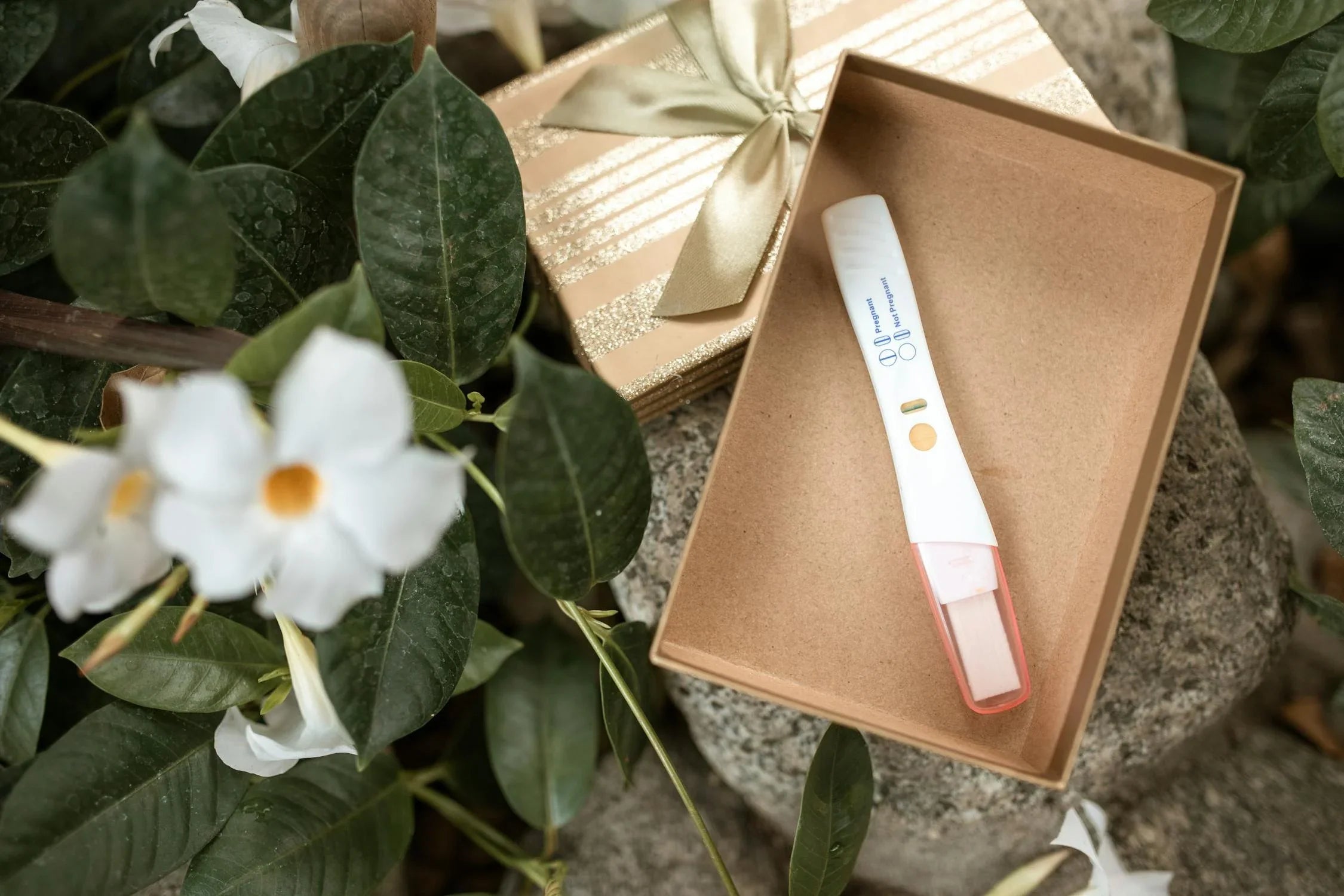Startseite
Pregnancy, Breastfeeding, and Pumping: The Ultimate Guide for Moms
How Long After Spotting Should You Take a Pregnancy Test

How Long After Spotting Should You Take a Pregnancy Test
When it comes to determining the right time to take a pregnancy test after spotting, timing is everything. Spotting can be an early sign of pregnancy, but it can also be caused by other factors. Understanding when to take a pregnancy test can help you get the most accurate results and avoid unnecessary stress.
Understanding Spotting and Its Causes
Spotting refers to light bleeding that occurs outside of your regular menstrual period. It can be caused by a variety of factors, including hormonal changes, implantation bleeding, or even stress. Implantation bleeding, which occurs when a fertilized egg attaches to the uterine lining, is often one of the first signs of pregnancy. However, spotting can also be a result of other conditions, such as infections or hormonal imbalances.
When to Take a Pregnancy Test After Spotting
The timing of when to take a pregnancy test after spotting depends on several factors, including the type of test you are using and the levels of the pregnancy hormone hCG in your body. Most pregnancy tests are designed to detect hCG in your urine, and the levels of this hormone increase rapidly in the early stages of pregnancy.
If you suspect that your spotting is due to implantation bleeding, it is generally recommended to wait at least a week after the spotting occurs before taking a pregnancy test. This allows enough time for hCG levels to rise to a detectable level. Taking a test too early can result in a false negative, which can be both frustrating and misleading.
Factors Influencing the Timing of a Pregnancy Test
Several factors can influence the timing of when to take a pregnancy test after spotting. These include the sensitivity of the test, the regularity of your menstrual cycle, and the timing of ovulation. Some pregnancy tests are more sensitive than others and can detect lower levels of hCG earlier in pregnancy. If you have irregular periods, it may be more challenging to determine the best time to take a test.
Additionally, the timing of ovulation can affect when implantation occurs and, consequently, when hCG levels rise. If you ovulate later in your cycle, implantation may also occur later, delaying the rise in hCG levels. In such cases, it may be necessary to wait longer before taking a pregnancy test to ensure accurate results.
What to Do If You Get a Negative Result
If you take a pregnancy test after spotting and get a negative result, it is important not to lose hope. A negative result does not necessarily mean you are not pregnant. It could simply mean that hCG levels are not yet high enough to be detected. In such cases, it is advisable to wait a few more days and take another test.
If you continue to experience spotting or other pregnancy symptoms, it may be a good idea to consult with a healthcare provider. They can perform a blood test, which is more sensitive than a urine test and can detect lower levels of hCG. A healthcare provider can also help rule out other potential causes of spotting and provide guidance on next steps.
Tips for Taking a Pregnancy Test
To ensure the most accurate results when taking a pregnancy test after spotting, follow these tips:
- Use the first urine of the day, as it is more concentrated and likely to contain higher levels of hCG.
- Read the instructions carefully and follow them precisely.
- Avoid drinking excessive fluids before taking the test, as this can dilute your urine and affect the results.
- If you get a negative result but still suspect you may be pregnant, wait a few days and take another test.
When to Seek Medical Advice
If you experience heavy bleeding, severe pain, or other concerning symptoms along with spotting, it is important to seek medical advice immediately. These symptoms could indicate a more serious condition, such as an ectopic pregnancy or miscarriage. A healthcare provider can perform the necessary tests and provide appropriate care.
Additionally, if you have been trying to conceive for an extended period without success, it may be helpful to consult with a fertility specialist. They can evaluate your overall reproductive health and provide guidance on improving your chances of conception.
Determining the right time to take a pregnancy test after spotting can be a delicate balance. By understanding the factors that influence the timing and following the tips outlined above, you can increase your chances of getting an accurate result. Remember, if you have any concerns or questions, don't hesitate to seek advice from a healthcare professional. Your journey to parenthood is unique, and having the right information and support can make all the difference.
Teilen

